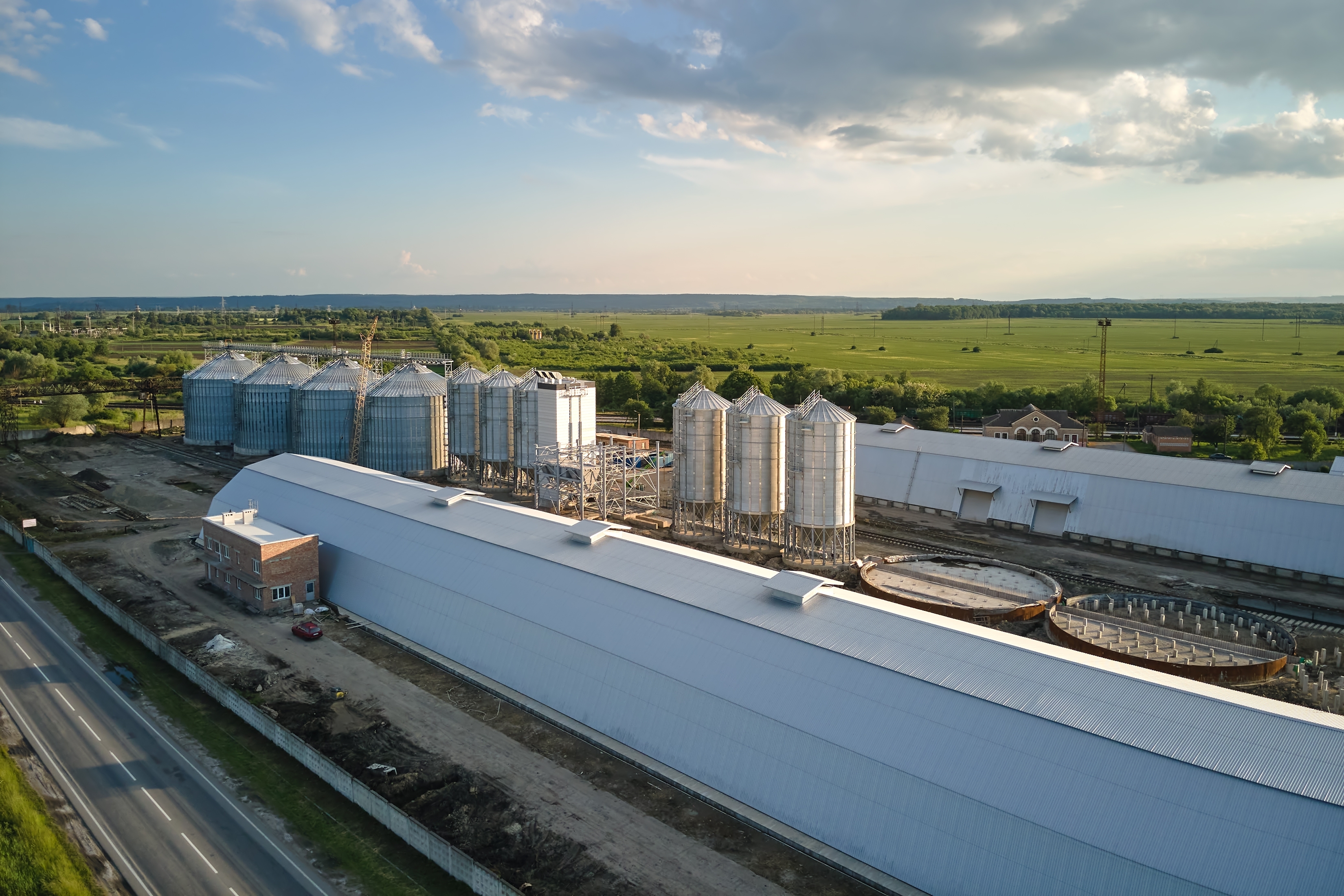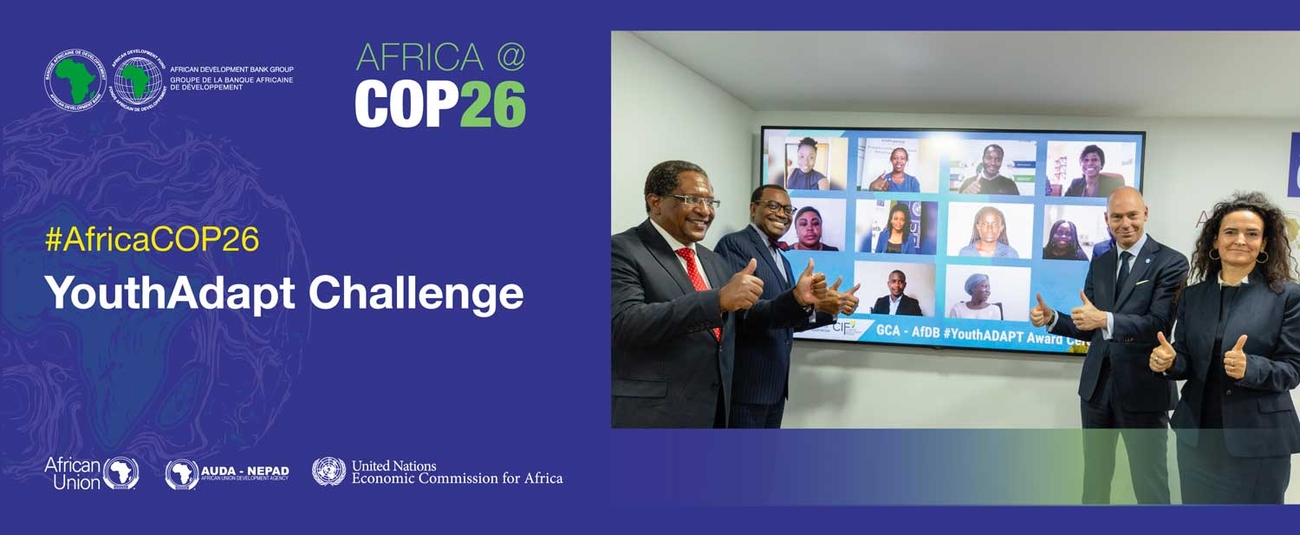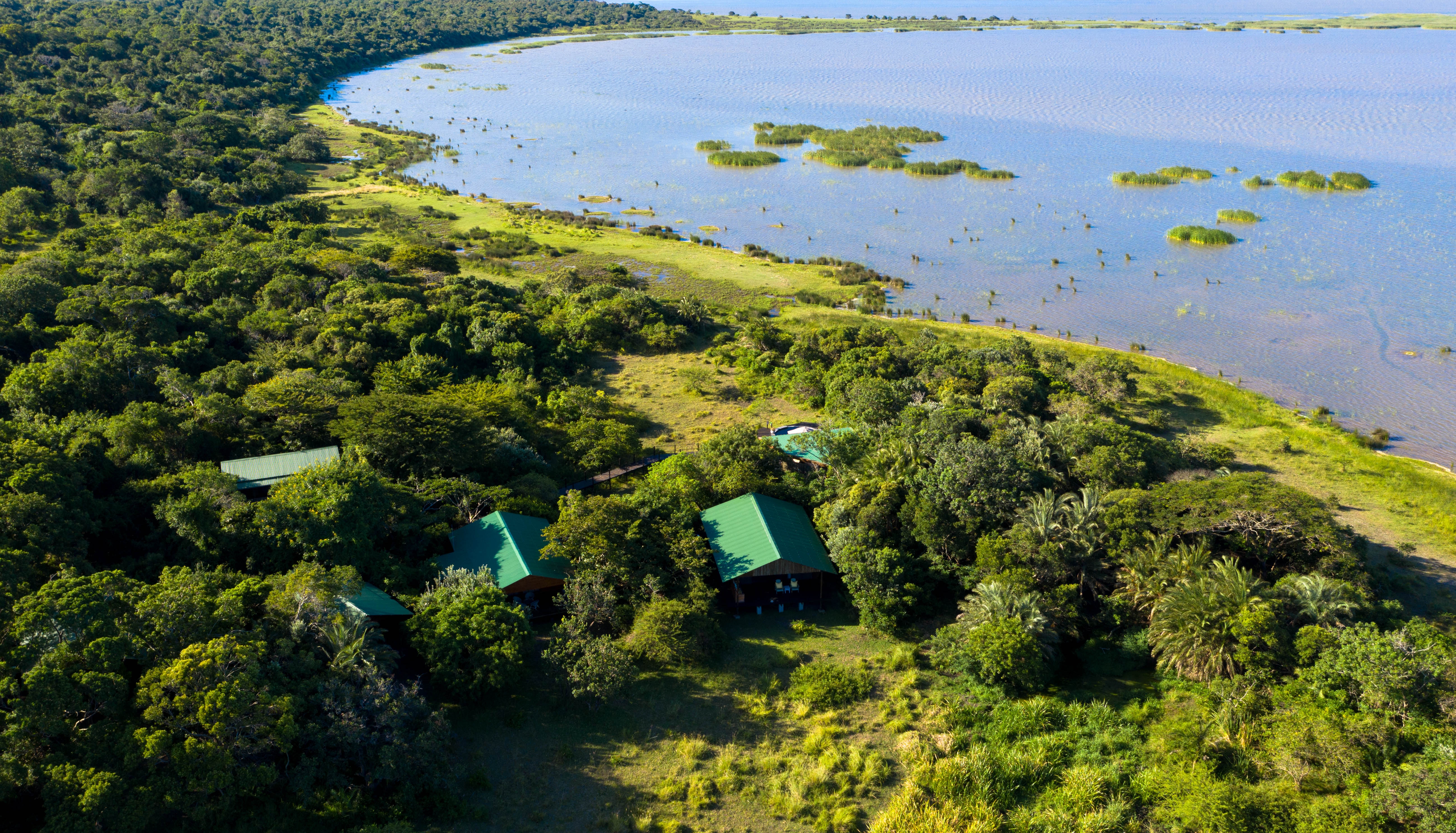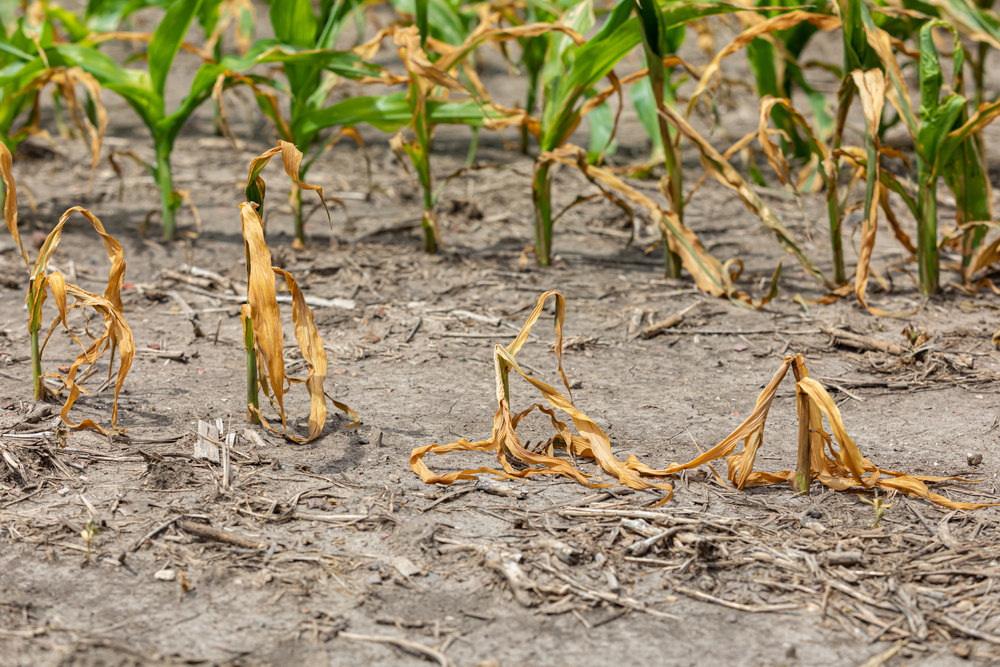
Staple Crops Processing Zone (SCPZ): funding proposal to the Green Climate Fund
Staple Crops Processing Zone (SCPZ): funding proposal to the Green Climate Fund
7 November, 2022Context
The target countries of Democratic Republic of the Congo, Ethiopia, Togo and Zambia are regions experiencing high deforestation, poor agriculture yield and increasing poverty exacerbated by climate change. Across all four countries, climate variability and change has become a major threat to sustainable development.
As part of efforts to address these challenges, the four countries are implementing national projects to establish Staple Crops Processing Zones: initiatives designed to concentrate agro-processing activities within areas of high agricultural potential to boost productivity and integrate production, processing and marketing of selected commodities. These initiatives are purposely built shared facilities, to enable agricultural producers, processors, aggregators and distributors to operate in the same vicinity to reduce transaction costs and share business development services for increased productivity and competitiveness.
Developing adequate infrastructure (energy, water, roads, ICT) in rural areas of high agricultural potential should attract investments from private agro-industrialists/entrepreneurs to contribute to the economic and social development of rural areas.
Objectives
The Staple Crops Processing Zone (SCPZ) development program aims to transform agriculture production in regions experiencing high deforestation, poor agriculture yield and increasing poverty exacerbated by climate change, including the target countries of Democratic Republic of the Congo, Ethiopia, Togo and Zambia.
The specific objectives of SCPZ are: (i) improving access to seed capital through grants and matching grants; (ii) supporting productivity enhancement through introduction of new technologies and agricultural inputs; (iii) improving access to infrastructure by supporting investment; (iv) improving the capacity of producer cooperative through training and TA, especially for targeted women and youth groups; (v) facilitating market linkages throughout-growers’ schemes; and (vi) facilitating on-farm value addition by targeting limited value chains and linking farmers to the supply chain.
GCF financing is sought to strengthen one of the project components of SCPZ in Democratic Republic of the Congo, Ethiopia, Togo and Zambia.
AAAP added value
- Through the technical assistance program, AAAPwill accelerate the mobilization of adaptation finance.
Expected Outcomes
- Increased carbon sinks in soil and above-ground biomass
- Reduced carbon dioxide/other greenhouse gas emissions from farms due to efficient energy use
- Increased renewable energy production from biomass, either as a substitute for fossil fuels or as a replacement for burning of fuel wood or crop residues
- Fewer incidents of bare soils, reduced soil erosion and increased water percolation.
- Reduced emissions through low-emission energy access and power generation
- Reduced emissions due to improved waste management, including by recycling waste and use of waste in biogas systems
- Reduction of emissions from land use and deforestation, and enhancement of forest carbon stocks.
Expected impacts
-
Increased resilience, including to extreme events such as droughts and floods, and enhanced livelihood of about 55% of highly vulnerable people and communities
-
Increased access to better health and wellbeing, and food and water security to over 100,000 beneficiaries, in addition to provision of alternative sources of energy
-
Increased resilience of ecosystems and ecosystem services in forests and savannas



